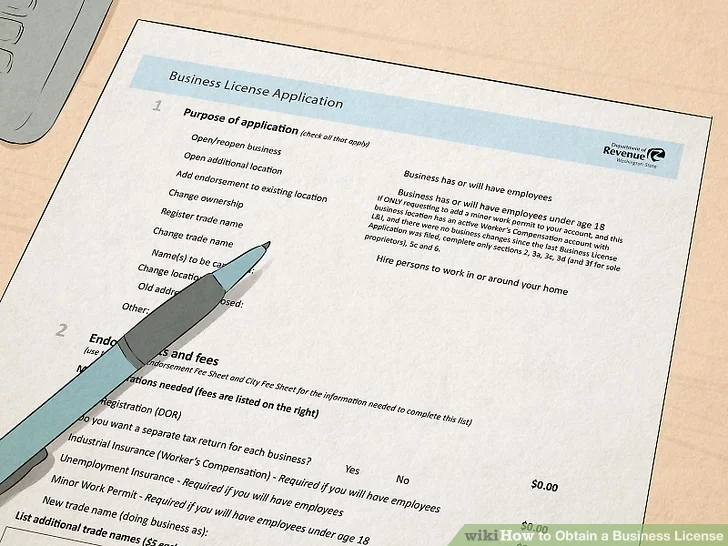Private Island Corporate Establishment
Introduction
Establishing a corporate structure for eco resort developments and private island investments in Anambas is both straightforward and cost-effective. You can simplify the process by harnessing Kepri Estates’ local expertise and extensive corporate and legal advisory network. In fact, we introduce our network contacts to clients without charging referral fees.
Importance of Compliance
Compliance with license, permitting, and registration requirements is critical. You must align each step with your proposed development plan and chosen corporate structure. By leveraging Kepri Estates’ services, you save time and reduce costs. One of our staff members can collaborate directly with your legal or advisory team to handle all permitting and licensing tasks in an efficient manner.
Eight Steps of PT PMA Company Establishment
- Determine Business Activities and Ownership Structure
Before you start the registration process, define your intended business activities. You also need to confirm the ownership structure of the company. A PT PMA must include at least one foreign shareholder. Moreover, it can conduct a broad range of activities, subject to certain legal restrictions. - Obtain a Deed of Establishment
Your first formal step involves securing a Deed of Establishment from a notary public in Indonesia. This document specifies the company’s ownership, business scope, and other relevant details. - Obtain a Tax ID Number (NPWP)
Once you have the Deed of Establishment, apply for a Tax ID Number (NPWP) from Indonesia’s tax authorities. You will need this number to pay taxes and legally operate within the country. - Obtain a Business Registration Certificate (TDP)
Next, obtain a Business Registration Certificate (TDP) from the local government. This certificate allows you to conduct business in Indonesia under your PT PMA entity. - Apply for a Domicile Letter
You must also apply for a Domicile Letter from local authorities, which confirms your company’s physical address in Indonesia. - Obtain a Company Registration Certificate (SKTU)
After securing the TDP and Domicile Letter, apply for a Company Registration Certificate (SKTU). This certificate confirms that your company meets all requirements for legal business operations. - Obtain Necessary Licenses and Permits
Depending on your business type, you may need extra licenses. These could include a Trading Business License (SIUP), a Business Identification Number (NIB), and work permits for foreign employees. Consult local authorities or your legal advisor to determine the specific requirements. - Register with the Indonesian Investment Coordinating Board (BKPM)
Finally, register your PT PMA with the BKPM. Every foreign-owned company in Indonesia must complete this step to comply with investment regulations.
Conclusion
By following these eight steps, you can set up a PT PMA company in Anambas without unnecessary delays. Moreover, Kepri Estates remains ready to assist by connecting you with trusted local professionals and by streamlining each phase of the process.
For more detailed information on Private island corporate establishment in Anambas check out our Facebook, X and Instagram accounts or check out Kepri Estates YouTube channel. For more information on how to capitalise on this new premium eco resort destination, check out Kepri Estates Private Island FAQ and Services page.

